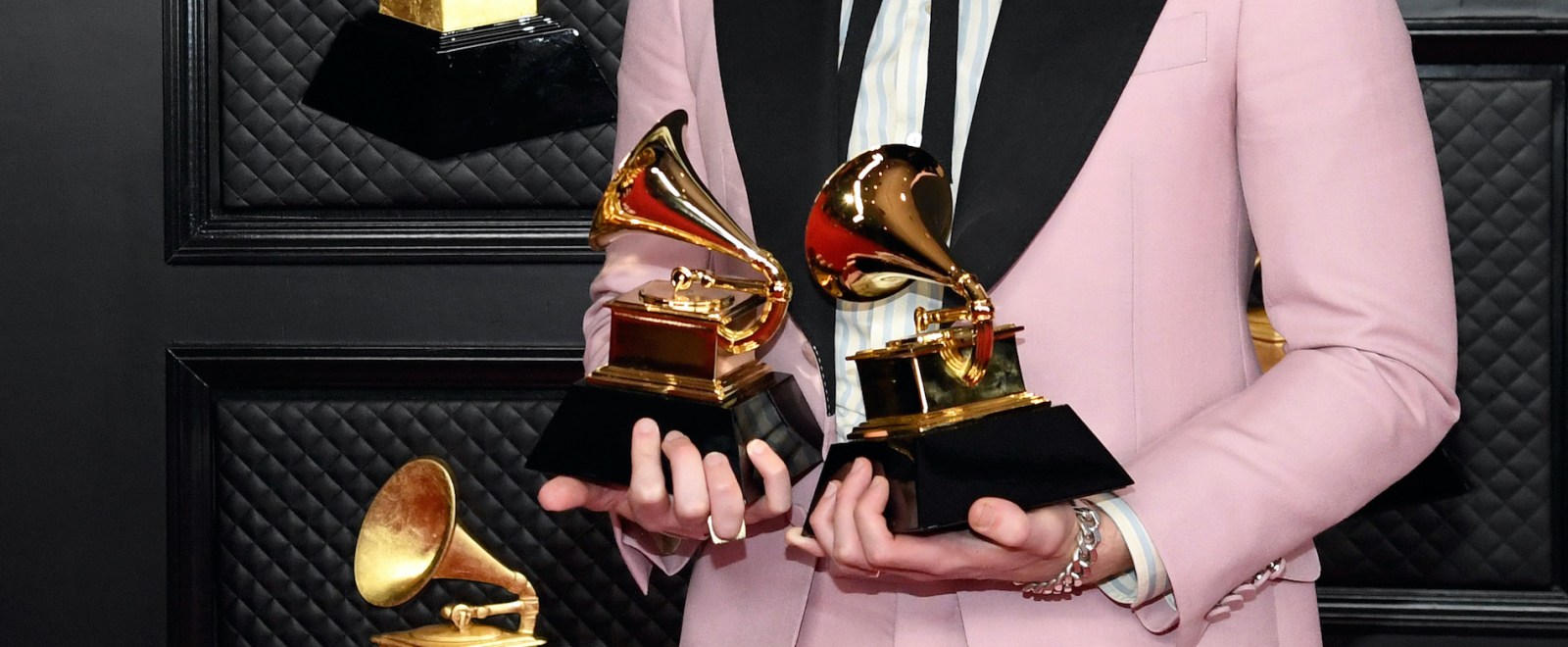
The Weeknd may never be nominated for another Grammy, but not because the quality of his work is about to drop off: After somehow being completely snubbed at the 2021 Grammys, the artist declared that he is boycotting the awards and will no longer submit his music for consideration. The Recording Academy has faced a ton of criticism over the past year-plus, but a few days ago, they announced “significant changes” to their voting process, including the elimination of “secret committees.” While The Weeknd thinks that’s cool, he says he’s still going to stick to his boycott.
In a statement to The New York Times, The Weeknd said, “Even though I won’t be submitting my music, the Grammys’ recent admission of corruption will hopefully be a positive move for the future of this plagued award and give the artist community the respect it deserves with a transparent voting process.”
Interim Recording Academy president/CEO Harvey Mason Jr. also offered a statement, saying the changes come as part of “a year of unprecedented, transformational change,” adding, “This is a new academy, one that is driven to action and that has doubled down on the commitment to meeting the needs of the music community.”
Meanwhile, The Weeknd doesn’t need the Grammys to lock down award nods: A few days ago, he racked up an impressive 16 Billboard Music Awards nominations.

